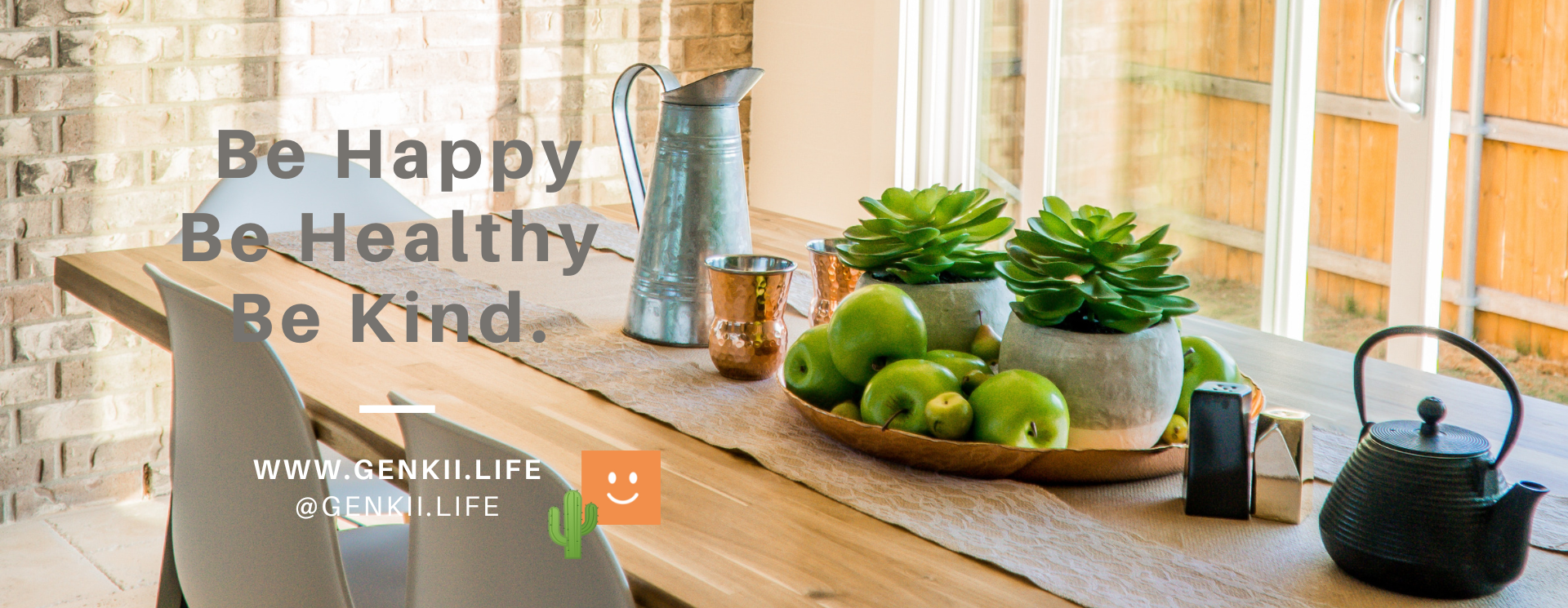Air purifiers with HEPA filters are capable of reducing air particles. But do you need one?(ABC Everyday: Luke Tribe)
Spring is here and your allergies probably are too.
If you're unlucky enough to live with them, chances are you've been on the lookout for everything and anything to help get you through the season.
This brings us to air purifiers. Are they worth it for allergies? What about sleep? Or limiting the COVID spread?
Or maybe you were one of the many people who bought a purifier to filter the smoke from the 2019/2020 bushfire crisis and you want to know how else you might be able to use it.
Before we get to the answers to these questions, let's take a look at what air purifiers actually do and how they do it.
How air purifiers work
Air purifiers generally work by sucking air through filtered layers.
"In simple terms, it's a filter and a pump," explains Lidia Morawska, who specialises in the study of air quality and atmospheric aerosol science at the Queensland University of Technology.
"The pump pumps air from the room through the filter and then brings it back to the room," she says.
"Particles, which were in the air, are deposited into the filter and the air in the room is cleaned."
But it turns out all air purifiers are "absolutely not" as effective as each other.
And "this is a huge problem" according to Donna Green, who works at the climate change research centre at UNSW.
Your best option is an air purifier that has a HEPA (high-efficiency particulate air) filter, Dr Green says.
HEPA filters are capable of removing up to 99.97 per cent of dust, pollen, mould, bacteria and other particles in the air down to a very small 0.3 microns.
Allergies, asthma and smoke
Now we've established why we're talking about HEPA air purifiers and only HEPA air purifiers, so how much can they help you at home.
"HEPA air purifiers can reduce mould and pollen spores," Dr Green says.
"So, if you have black mould in your house, or have asthma or pollen [allergies] more generally, HEPA air purifiers can help with reducing attacks or helping other respiratory issues."
A HEPA air purifier running continuously with the windows in your house closed will help clear the air from smoke too, Dr Green says.
"That's fantastic because [smoke] has all those tiny particulates. They're called PM 2.5," she says.
"[They] go right into your lungs and can contribute to respiratory or heart disease, and also cross the blood-brain barrier and go into all systems in your body.
"So those filters can help with all of that."
Can they help limit COVID spread?
The experts say HEPA air purifiers are also capable of trapping air that may have COVID virus particles in them.
Professor Morawska says this means they're a tool that can be used to help clean the air from the virus.
"But my advice normally is not to start with buying an air purifier," she says.
"At the domestic level, I'd like to think [COVID] isn't a primary reason people are using air purifiers," Dr Green agrees.
First up, using an air purifier at home cannot replace good hygiene and physical distancing measures in place during the pandemic.
Second, air purifiers need to operate continuously to clear the air of pollutants that are also continuously introduced into a room.
"So, if there's an infected person, virus-laden particles are emitted by an infected person all the time," Professor Morawska says.
"Then it becomes about how quickly can the purifier clean the air versus how many new particles are emitted?"
And your home also might already be getting enough ventilation as it is without a purifier, she says.
"One good way to check this is to test for the concentration of carbon dioxide, which is a proxy for ventilation," Professor Morawska says.
"If there's too much carbon dioxide, it means ventilation isn't good. If ventilation is good, there's no need for an air purifier."
Can they help with sleep?
This is another tough one to answer.
"Sleep is a very complex physiological function and there are many aspects that impact it, such as noise," Professor Morawska says.
"Purifiers can help with sleep by reducing pollutants and [exposure to] fewer pollutants has an impact on our wellbeing in general.
"[But] there are many houses in Australia located away from pollution sources and, at times when there isn't major air pollution from an episode like bushfires, particularly during the night when the temperature is also fine, the air is quite clean."
If this is the case for you, Professor Morawska says using a purifier at night won't necessarily do anything for your sleep.
"If anything, it'll add a little noise," she says.
And there's also the fact that air purifiers — like any electrical device — require energy.
Professor Morawska explains why this is important to remember: "Your increase in energy consumption means an increase in air pollution".
All this being said, if you do end up deciding a HEPA air purifier sounds like something you want for your home, both experts recommend looking into what kind will work best for your space.
They say you should think about the size of the room, where you'd place it, how noisy it is if you want it for nighttime, and how easy — as well as costly — it will be for you to change over the filters as needed.


